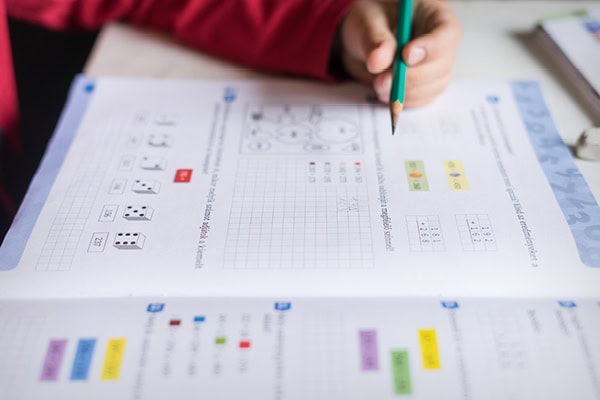Teachers start their careers feeling relatively optimistic and excited. But a few years in, they start to feel disillusioned with the demands of teaching and the stagnant wages compared to peers in other industries, according to national surveys reported in Education Week.
As teachers gain more experience, move up in the salary schedule, and learn how to better manage their workloads, the data show their job satisfaction improves—if they haven’t left the profession yet.
The challenge for school leaders is maintaining teachers’ morale after the initial optimism and excitement fades, so they can reach the more stable phase of their careers.
The EdWeek State of Teaching survey, which polled nearly 1,500 teachers in October 2023, found teachers with three to nine years of classroom experience have worse morale than their peers who have either more or less experience. They are also less likely than teachers in other stages of their careers to say they’d recommend their own children, or those of a loved one, pursue a career in teaching.
This phenomenon might be heightened by the circumstances of the past four years. Teachers experiencing a morale slump now were new or relatively new to the classroom at the height of the pandemic.
“They went through this period of extraordinary difficulty and uncertainty during COVID and anticipated that it would get better, and there would be relief,” says Doris Santoro, a professor of education at Bowdoin College who studies teacher morale. “Now COVID is over, we’re back to normal, and things should feel good. But … it’s not easier for anybody right now.”
There are evergreen factors compounding this early-to-mid-career morale slump.
1) Teachers, on average, make less than similarly educated workers in other fields.
2) Teaching is “a flat career trajectory, so you don’t see that boost—not only in compensation, but in recognition,” Santoro says. “You’re not getting the, ‘Oh, you just made associate from junior [associate].’ … There are no such things at most places as promotions, especially if you want to stay in the classroom.”
3) Teachers’ workloads are heavy, and that doesn’t always change with more experience. In fact, teachers with a few years of teaching under their belts may add to their own workloads by creating more ambitious lesson plans or taking on additional school roles.
4) Teachers often feel stymied by factors outside of their control, teachers and experts say.
Staffing shortages and inadequate resources might make it hard for teachers to do their jobs in the way that they’d like. And school leadership is a major factor in teachers’ sense of self-efficacy, Santoro says.
Experts say school leaders tend to focus a lot of their attention on brand-new teachers, which is important—but teachers still need support a few years in.
Facilitating a sense of connection and community among the teachers at the school is important, as is targeted professional development. Teachers need to feel like they’re successful.
Treuhaft-Ali, the fifth-year teacher, says she wants administrators to give her grace as she continues to hone her craft.
Teaching is “an incredibly complex profession, and I love that it requires me to be good at a lot of different things, … but it is impossible that every area is going to be your strength,” she says. “While you work to build that up, it can be so discouraging.”
Education Week





